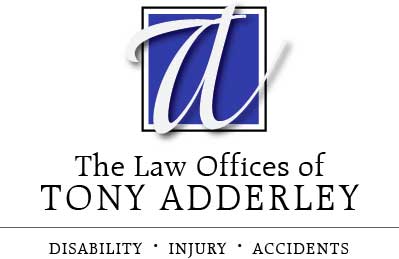It’s a simple statistical fact. Most first-time applicants for SSDI will be rejected. The odds for receiving approved benefits increase significantly for those with the patience and resources to appeal. A hearing before an administrative law judge (ALJ) is where an applicant has the best chance to be awarded disability benefits.
Social Security Disability Insurance (SSDI) pays monthly benefits to those who become disabled before retirement age and aren’t able to work. Applicants for SSDI are required to have worked and paid Social Security (FICA) taxes for a number of years (depending on age and other factors). Applicants also must suffer from a condition that meets Social Security’s description of disability. Benefits are available only to those with a “severe, long-term, total” disability. “Severe” is defined as a condition that interferes with basic job-related tasks. “Long-term” means the condition is expected to endure for a minimum of twelve months. And “total disability” means an applicant cannot perform “substantial gainful activity” for at least one year.
If you win approval for SSDI benefits, don’t expect to receive any benefits for six months to a year. When you finally receive benefits, you should also receive back pay starting from the sixth month after your disability commenced. If your total household income exceeds a particular amount, you may have to pay taxes on your benefits.
If your original disability claim has been rejected, you should seek the advice of a Social Security disability attorney. An experienced SSDI lawyer will guide you through the appeals process – and you can’t win if you don’t appeal. In fact, anyone applying for SSDI benefits, at any stage in the process, should quickly obtain the counsel of an experienced SSDI attorney. In the long run, an SSDI lawyer can save you time and money, answer your legal questions, and ease some of your anxieties. Your attorney will honestly evaluate your case, outline your options to you, and fight to win for you the compensation you deserve.

